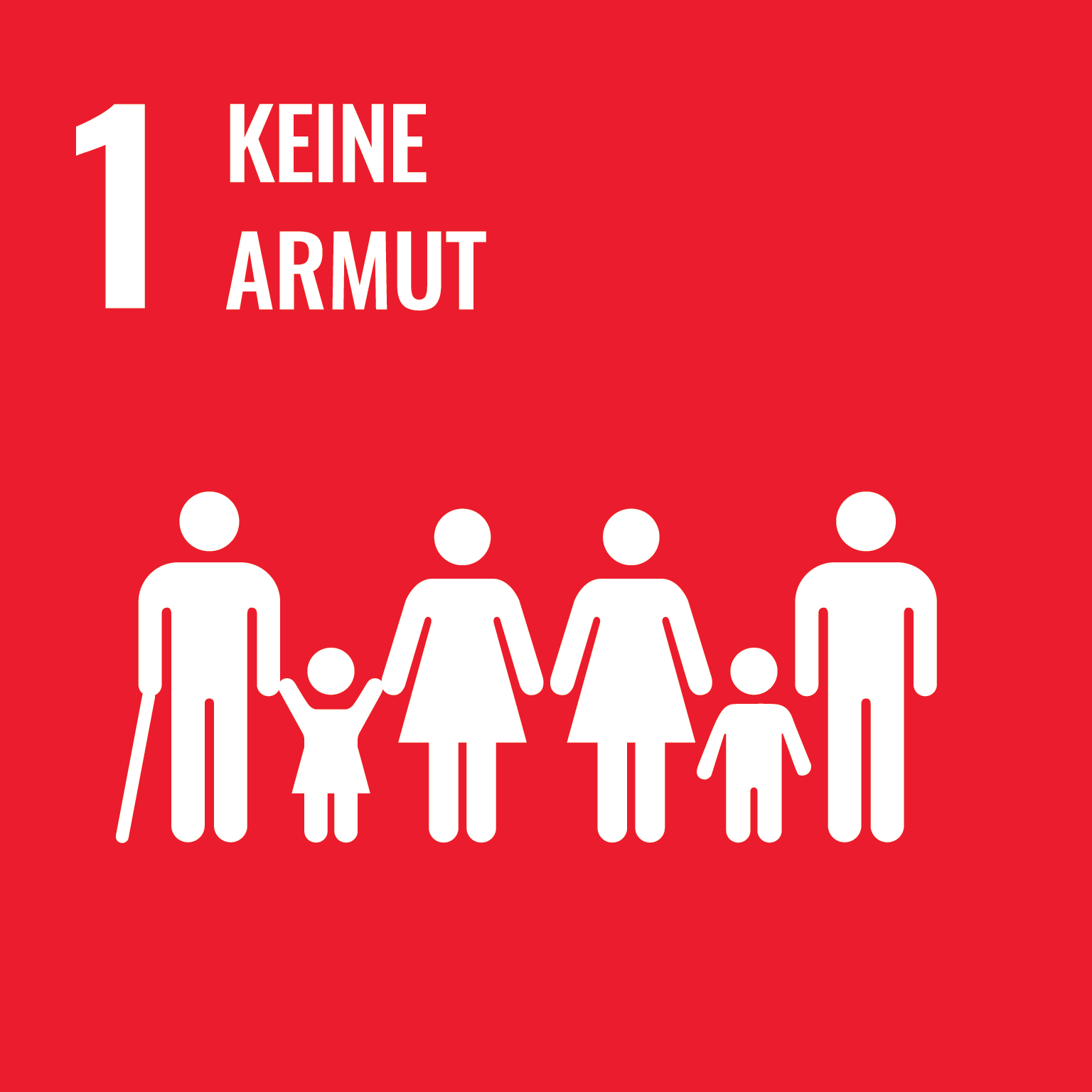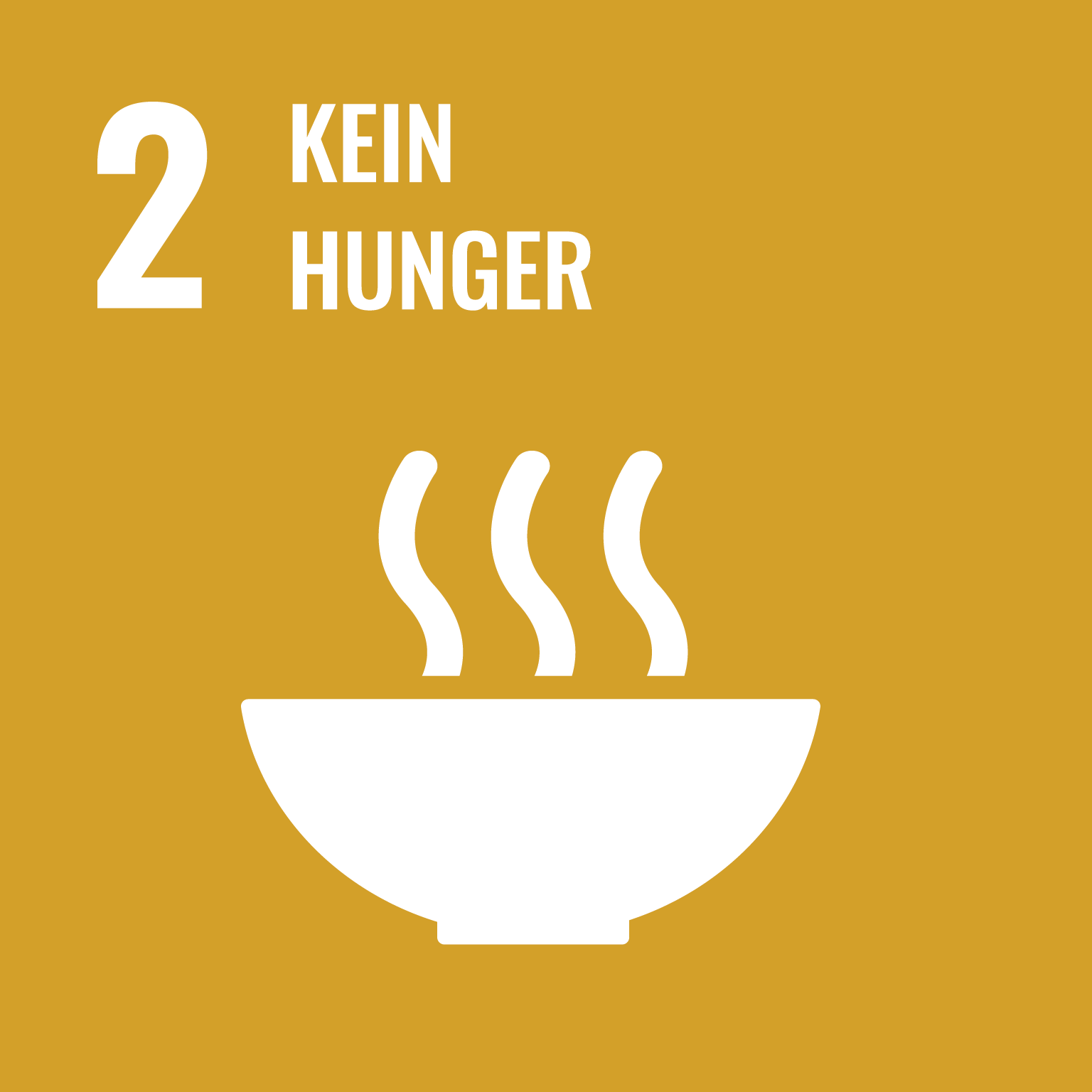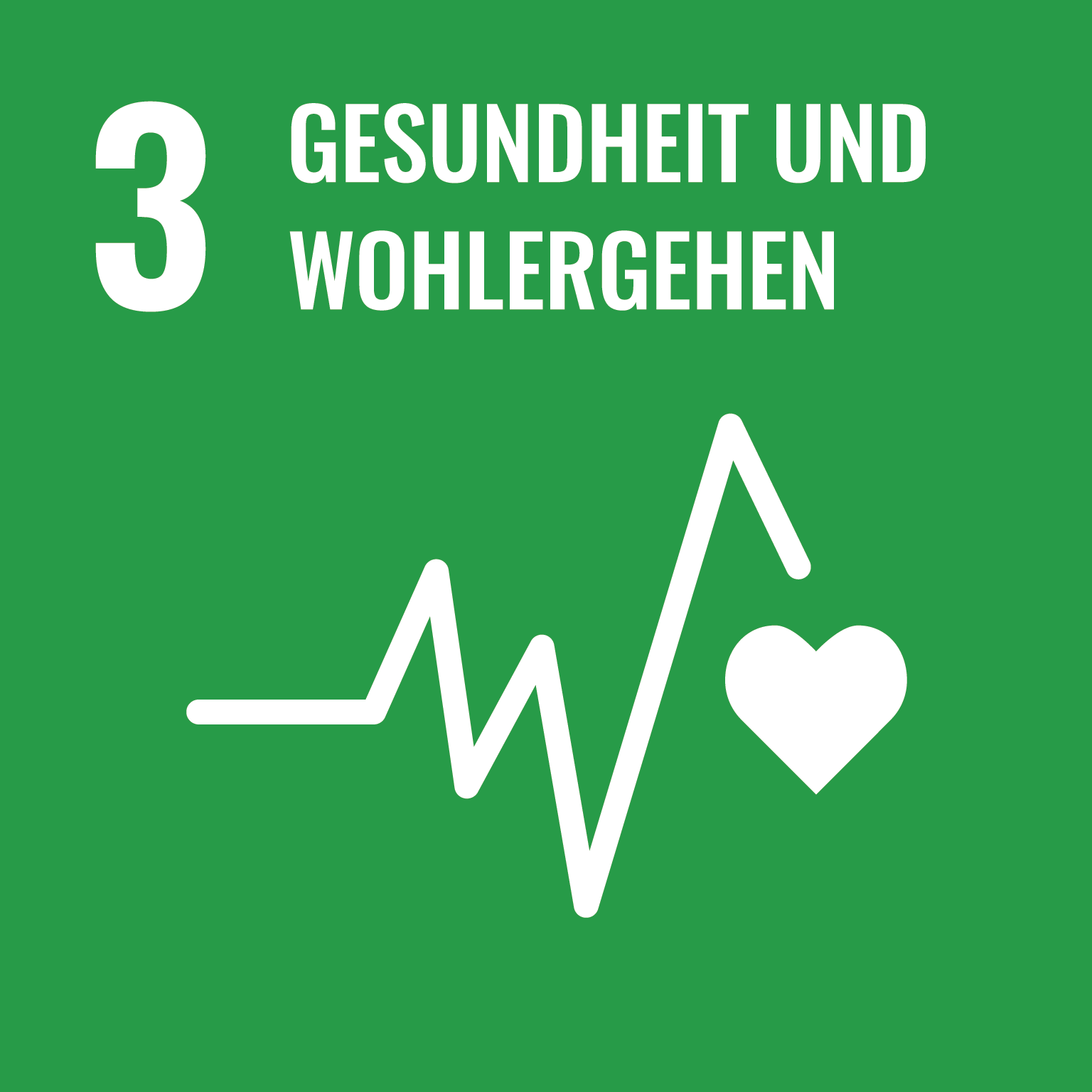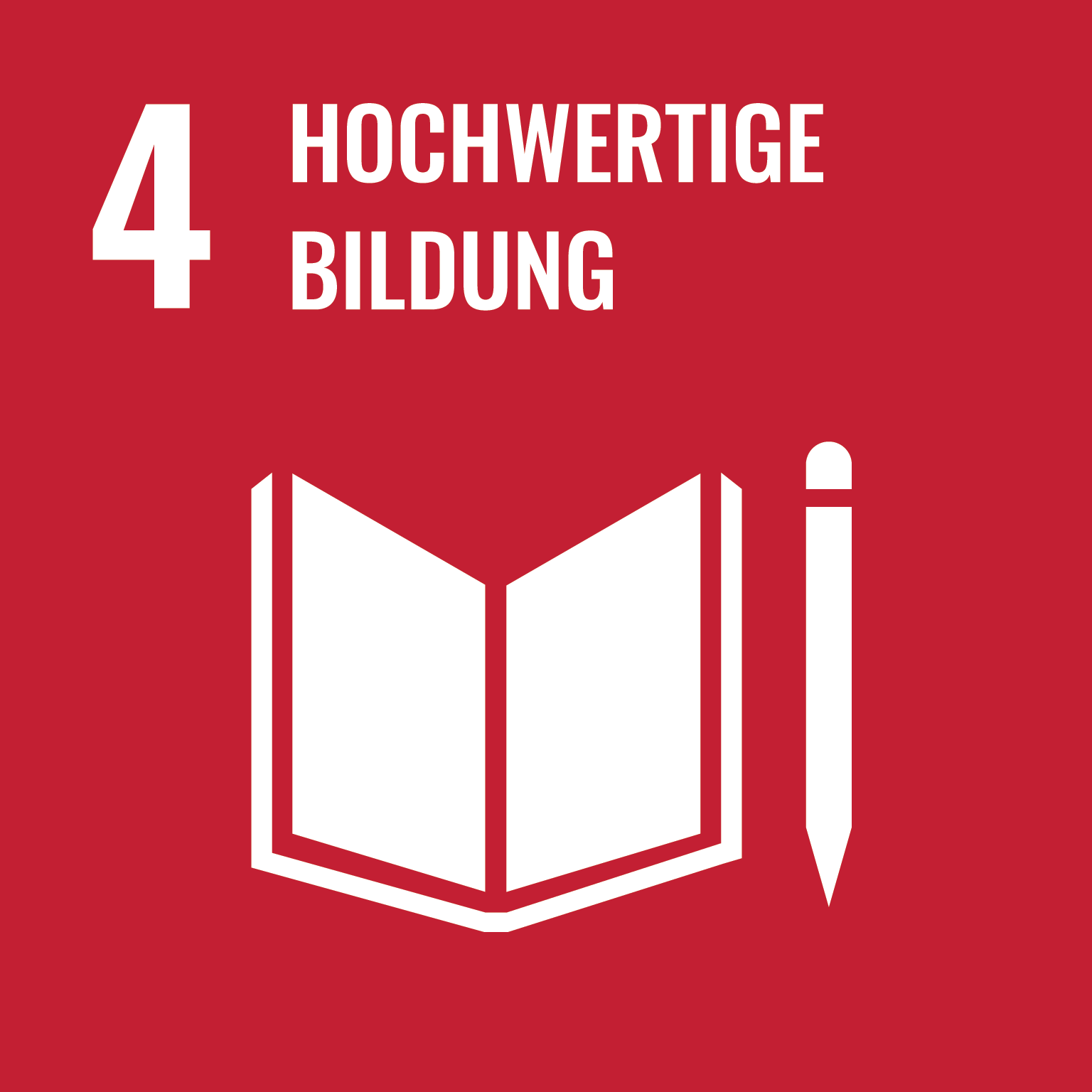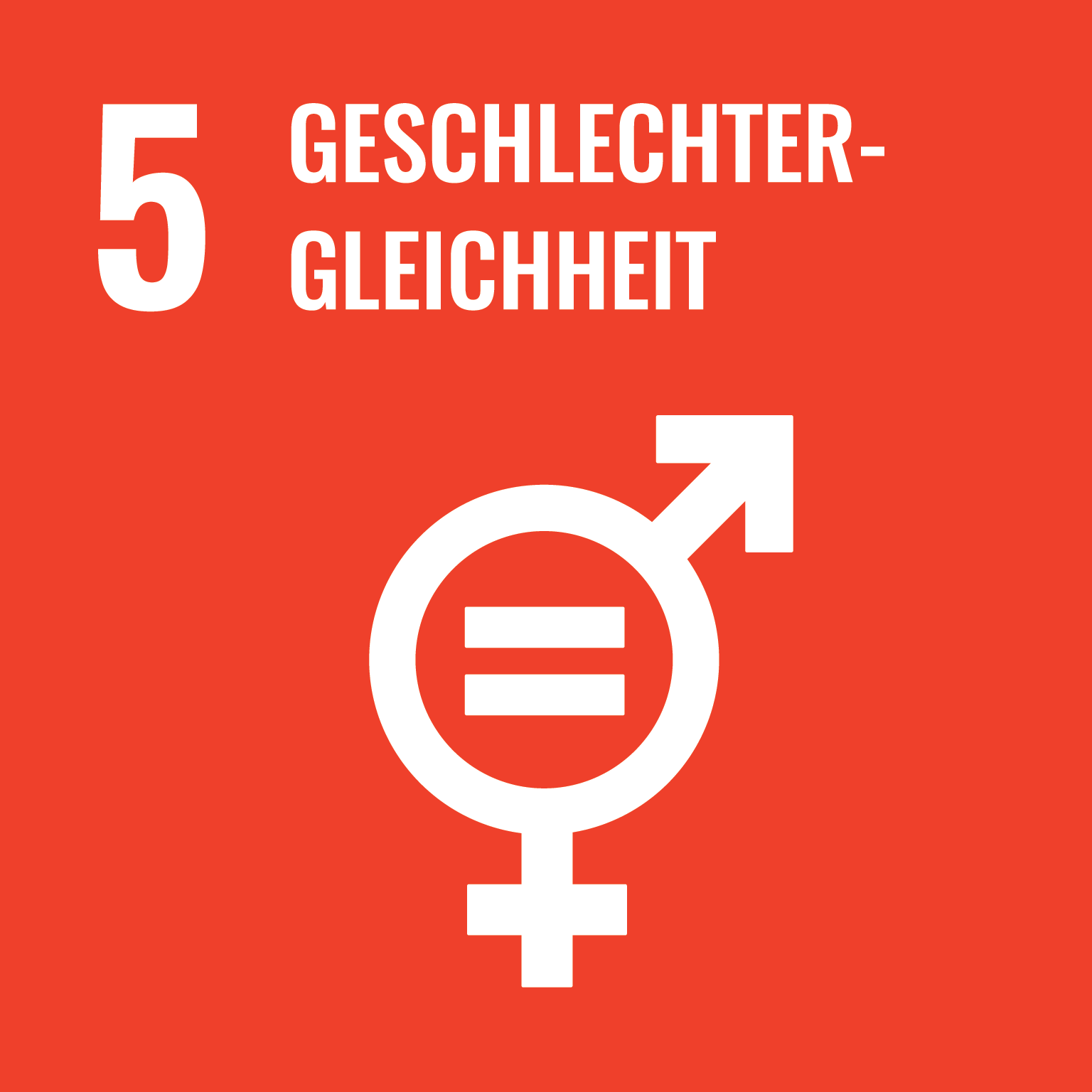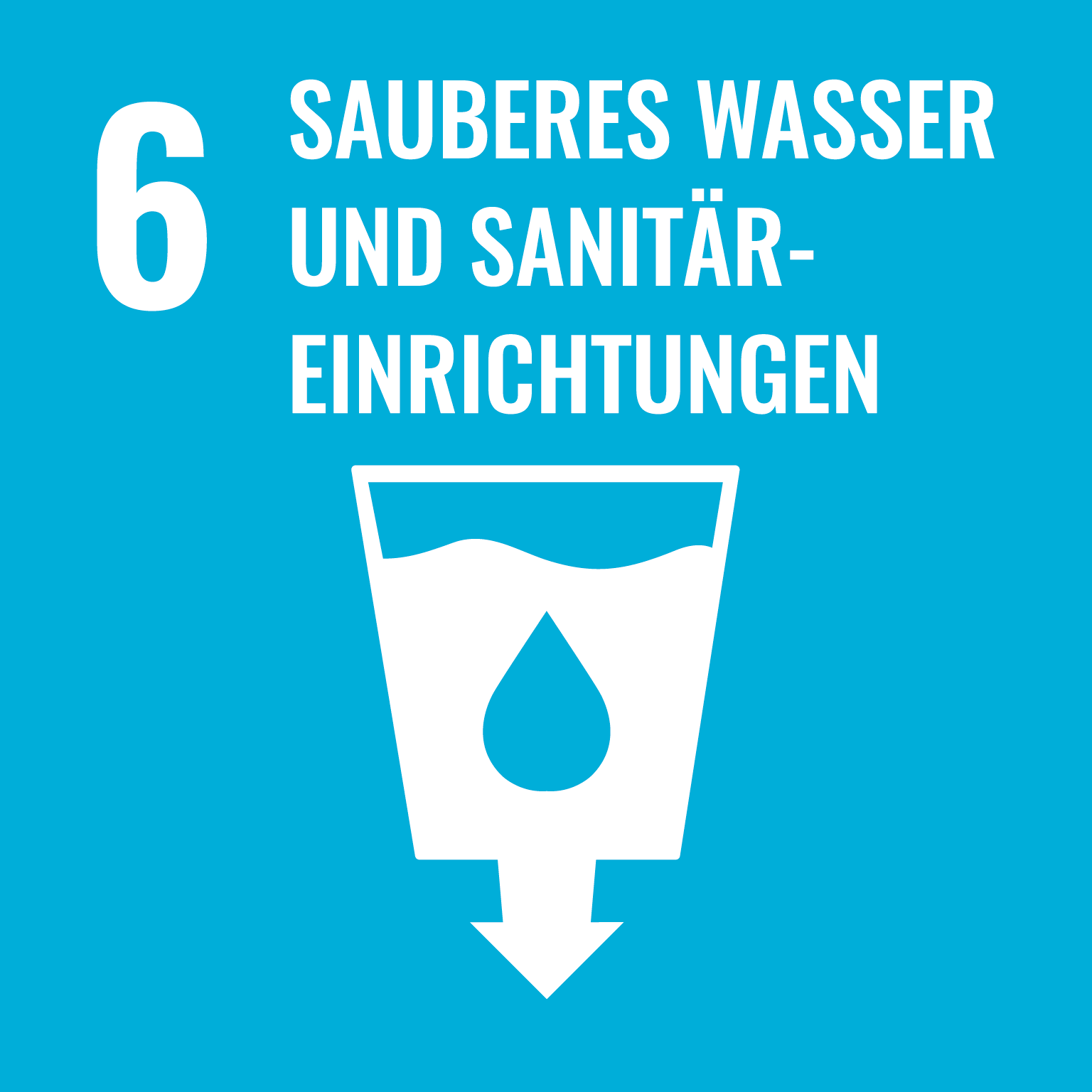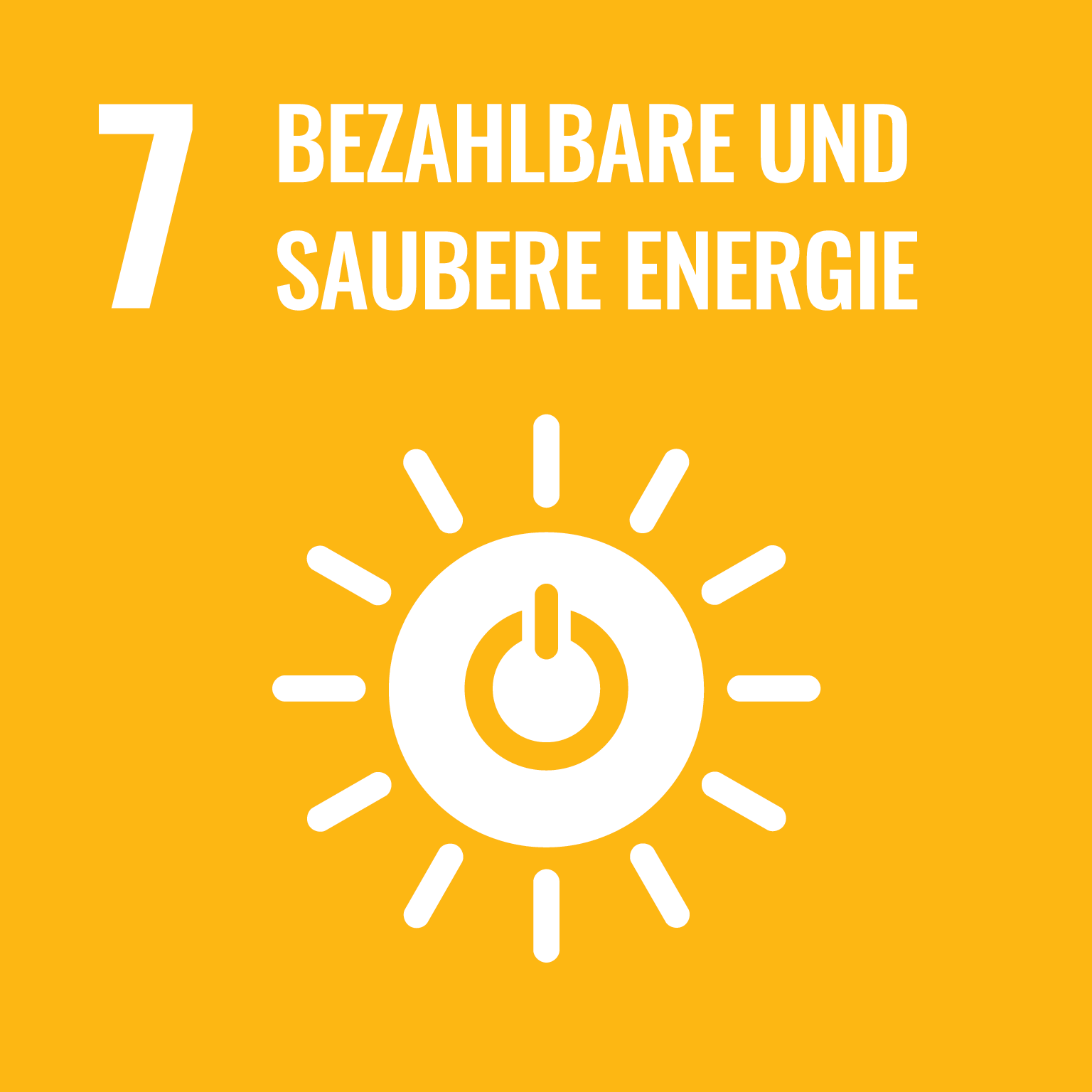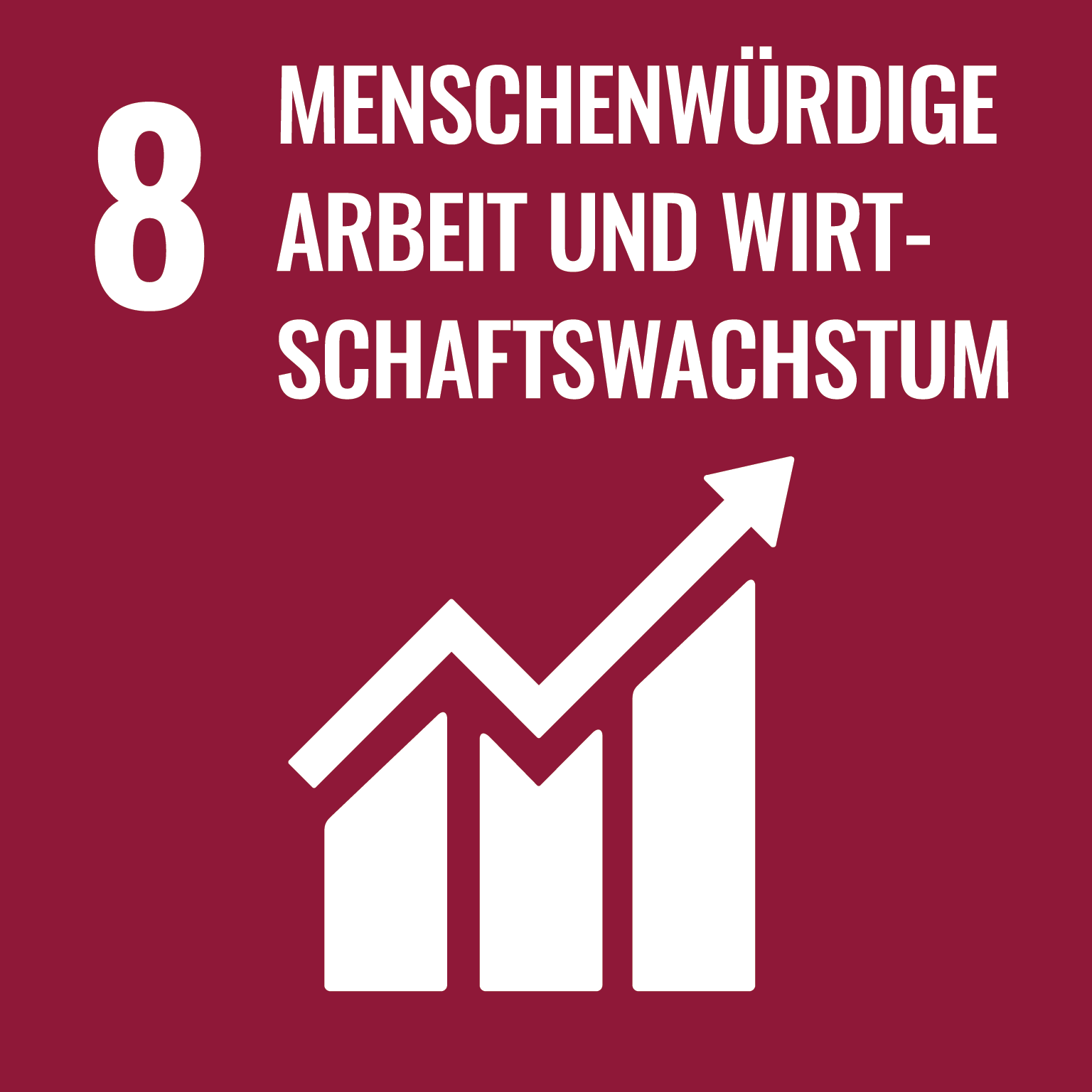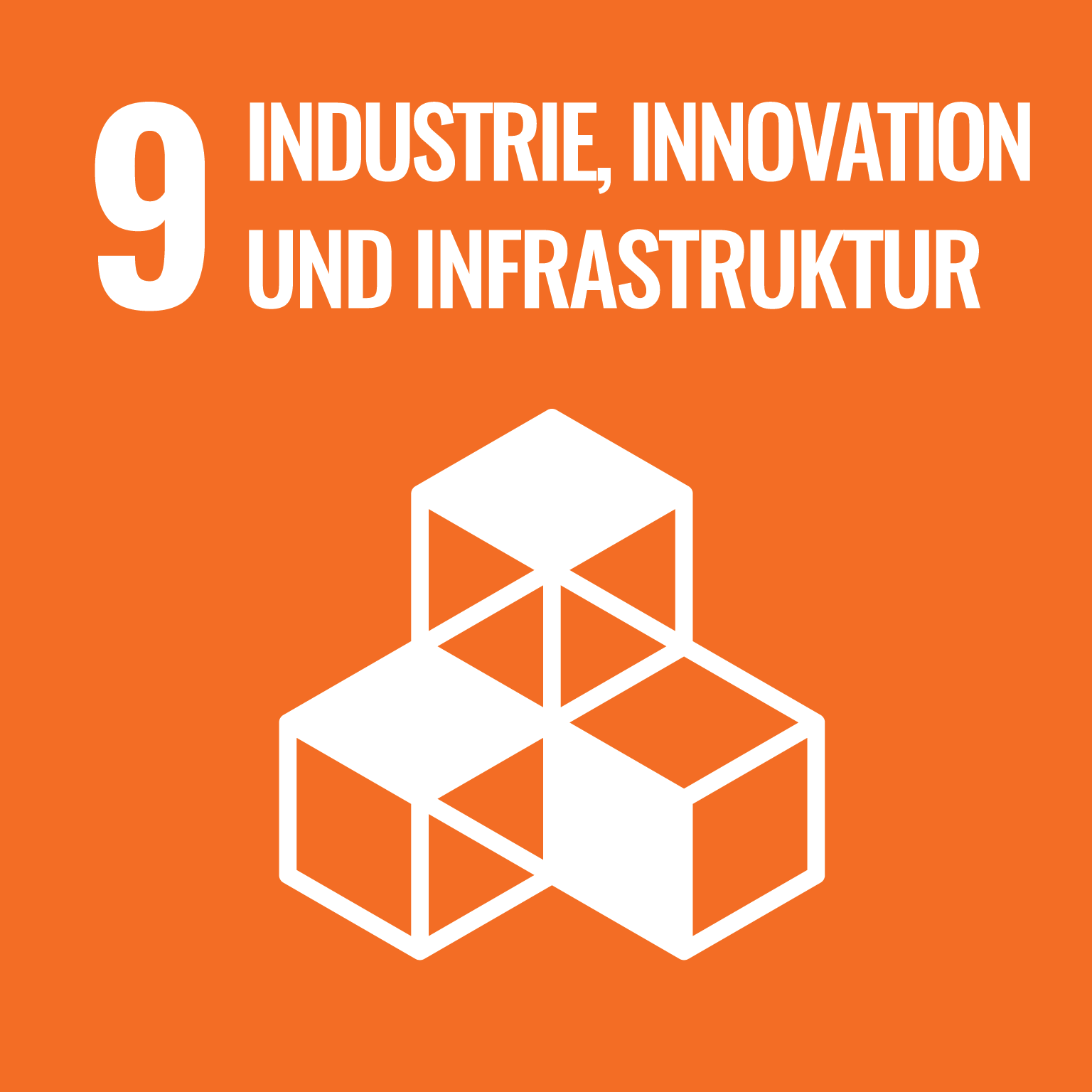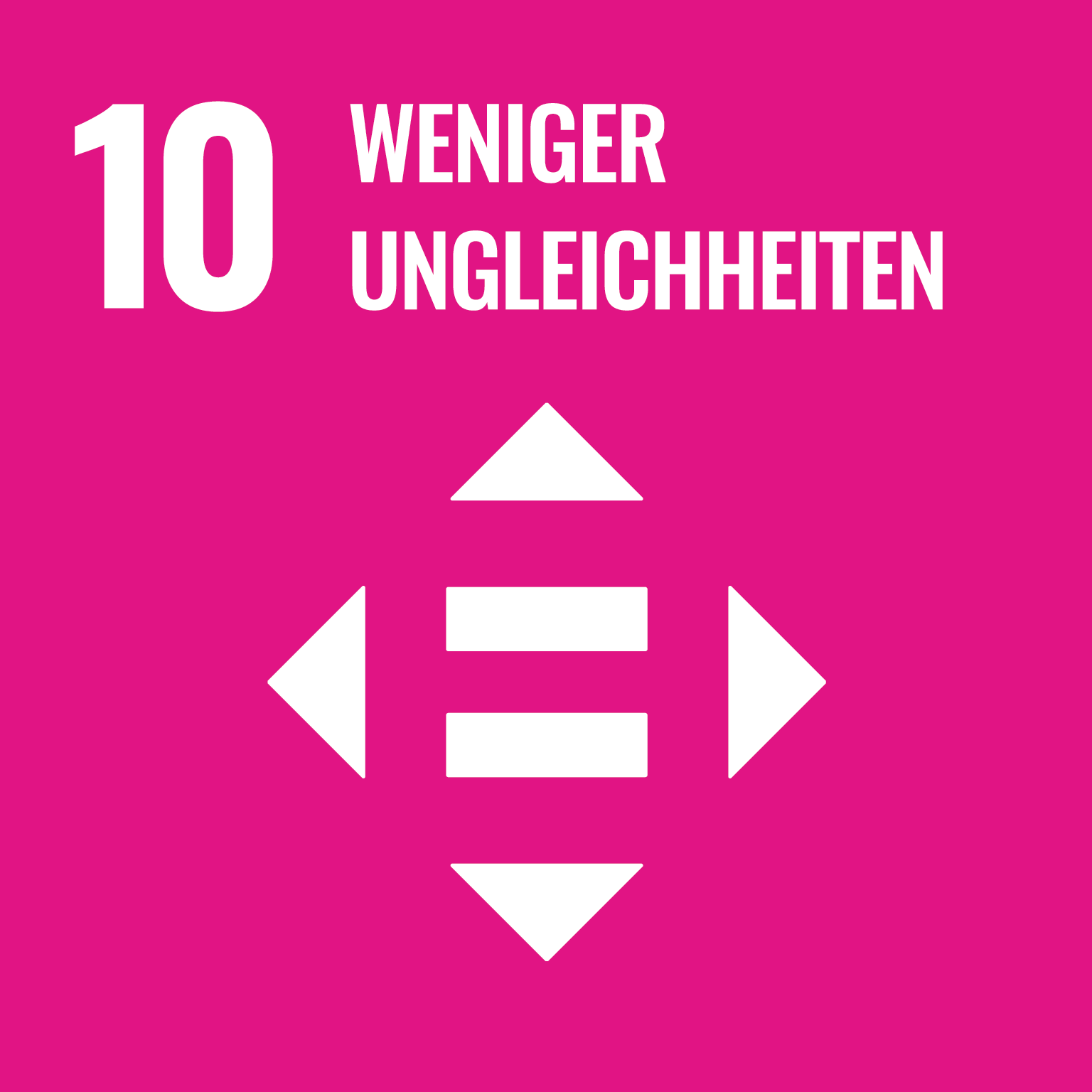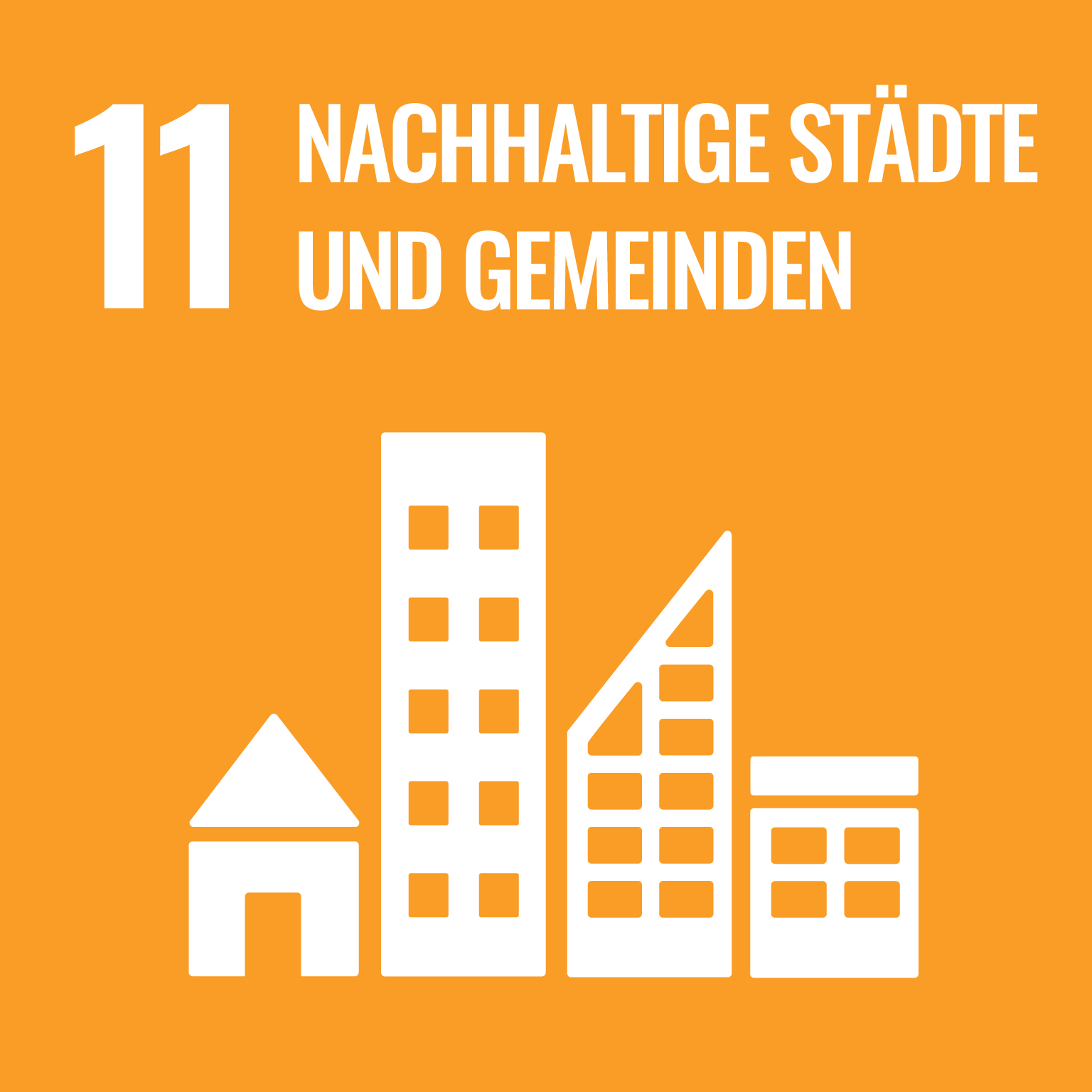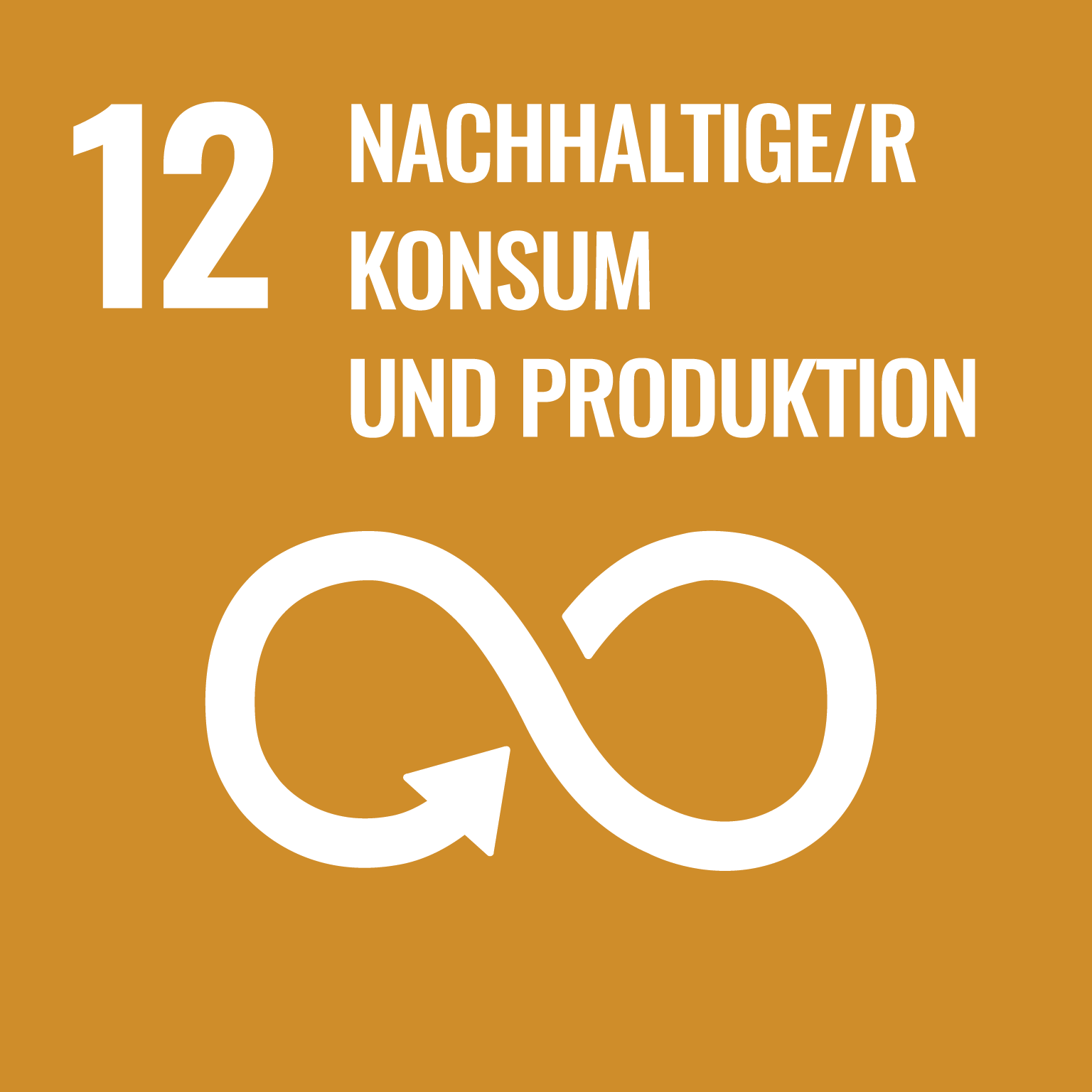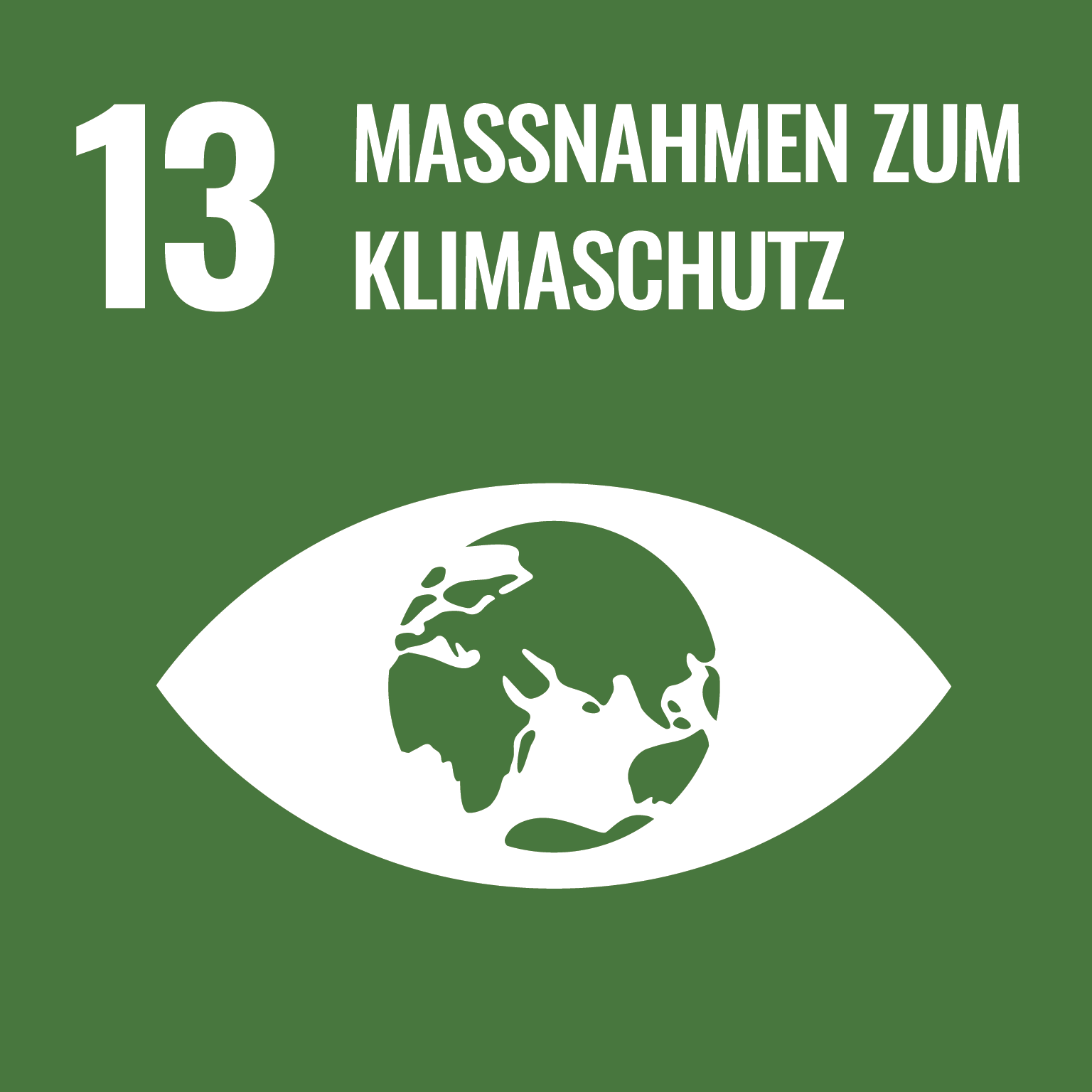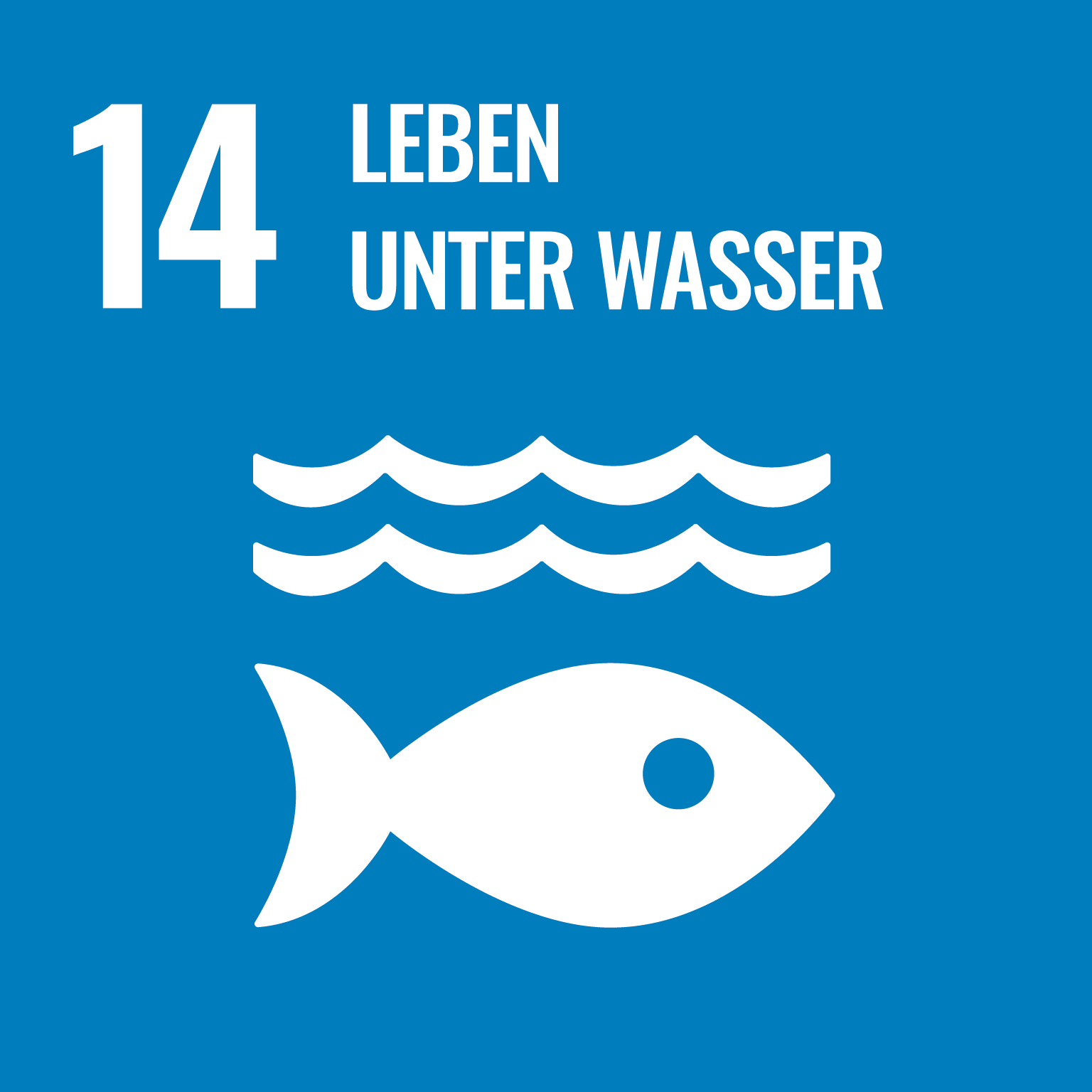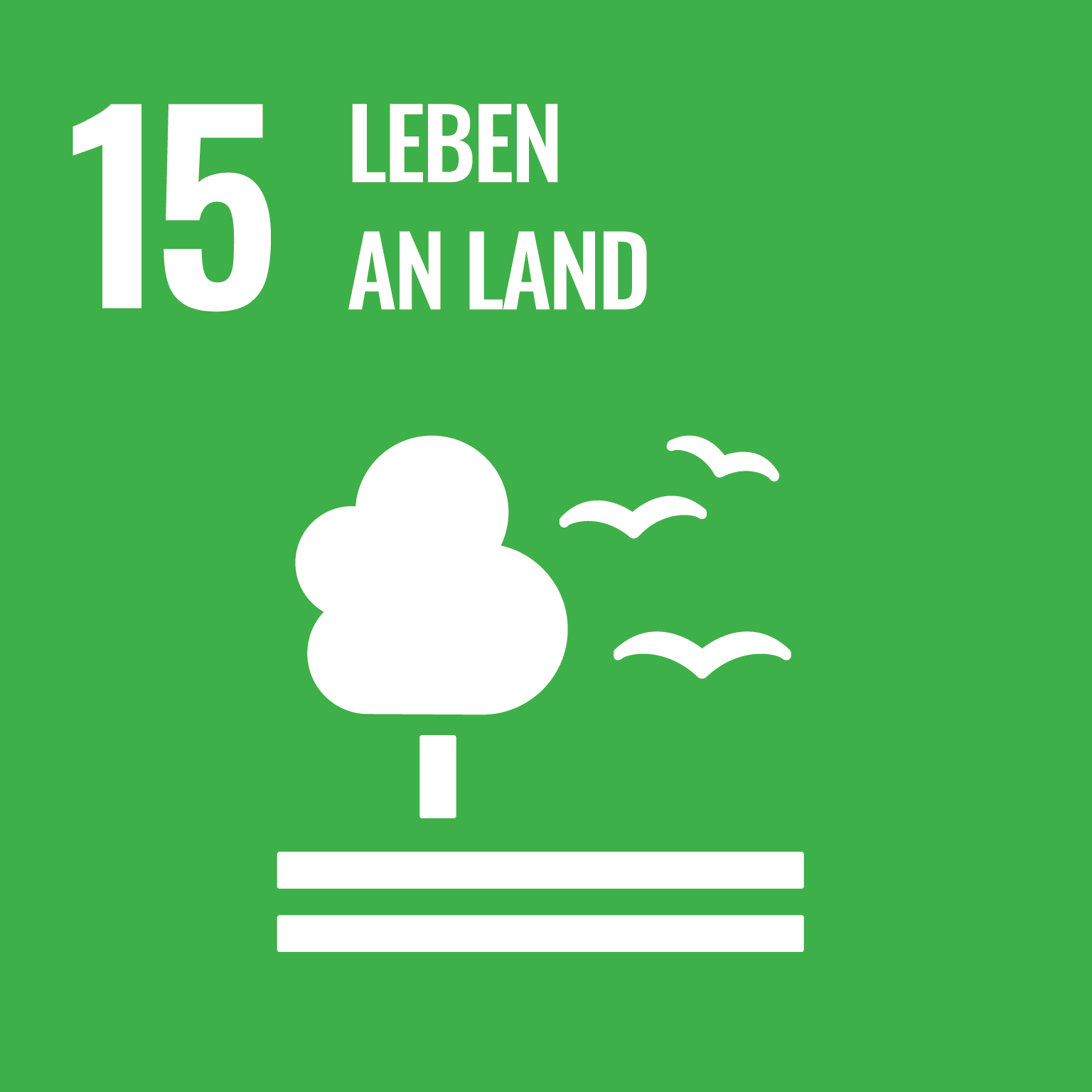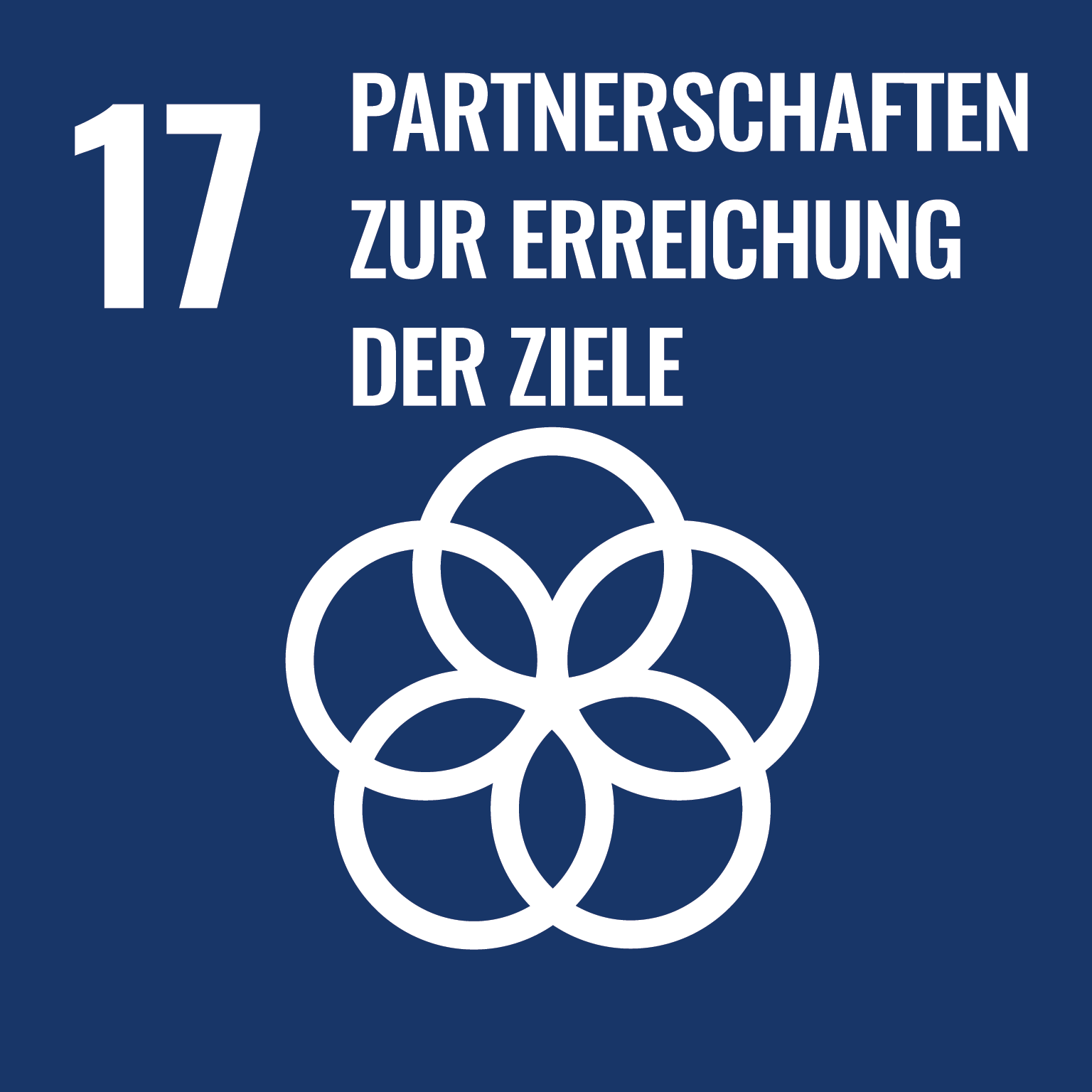SDG Law Tracker - Which laws does the German government implement?
Ensure sustainable consumption and production patterns
Our proposals
Does the government plan to implement them?
What is the status?
-
A resource protection law must take into account the entire value chain and include both overarching and resource-specific instruments. Increased efficiency, substitution with renewable raw materials and waste management are not enough to significantly reduce the consumption of resources. As a first step, the German government must therefore set an ambitious and binding reduction target. The Netherlands' "Government-wide Programme for a Circular Economy" can serve as a model. It aims to reduce resource consumption by 50 percent by 2030 and monitor progress with an annual report. With regard to the use of metallic primary raw materials, reduction targets of 30 percent by 2030, 50 percent by 2040 and 70 percent by 2050 compared to 2010 must be set. Similar targets must apply to fossil and biotic raw materials. The resource efficiency program can thus become, for example, a resource sufficiency program or a resource conservation program in which a reduction target is set, flanked by a comprehensive program of measures to achieve the target. This must include five-year interim targets as well as their review and publication of the results. In addition, it must be ensured that an appropriate database and the associated monitoring are established in order to measure success in the long term using the indicator of global material consumption (TMC - Total Material Consumption). The long-term goal must be to create a consistent resource protection law that includes the right to repair, a ban on destroying consumer goods that are as good as new and/or fully functional, and much more. It also follows from the cross-cutting nature of resource protection that legal regulation cannot be limited to environmental law, but encompasses a multitude of other areas of law. In addition to specific regulatory approaches, this requires an overarching regulatory approach that bundles the general requirements of resource protection. This should be implemented in a separate piece of legislation dedicated to the protection of natural resources.
For further reading and discussion:
https://www.umweltbundesamt.de/themen/abfall-ressourcen/oekonomische-rechtliche-aspekte-der/ressourcenschutzrecht
https://www.greenpeace.de/sites/www.greenpeace.de/files/publications/20190613-greenpeace-forderungen-vernichtungsverbot-waren.pdf
https://www.government.nl/topics/circular-economy/circular-dutch-economy-by-2050
https://www.zur.nomos.de/fileadmin/zur/doc/Aufsatz_ZUR_12_10.pdf
https://www.umweltbundesamt.de/rescue
≈
-
The use of pesticides has an impact on the environment and health. An intelligent pesticide levy could internalize the associated external costs and promote more environmentally friendly crop protection practices. The widespread use of synthetic chemical pesticides contributes to the loss of biodiversity, chemical contamination of water, soil and protected areas, causes residues in grown food and can affect the health of users, residents of rural areas and consumers. Water companies incur costs for the treatment of drinking water, costs for the implementation of residue controls and costs in social and health care when people become ill due to pesticides. These economic, environmental, and health costs, referred to as "external," are borne by society as a whole and are not reflected in the price of pesticide products. A scientific study published in March 2021 analyzed different variants of pesticide levies, based on the experience of other countries and model calculations. According to the study, a pesticide levy in Germany could achieve the European Green Deal target of reducing the use and risk of chemical pesticides and the use of higher-risk pesticides by 50 percent each by 2030. The European Pesticide Law of 2009 (cf. Directive 128/2009/EC) explicitly grants member states the right to establish economic instruments and incentives to reduce pesticide risks and the dependence of agriculture on chemical pesticides. Funds generated through the levy could be targeted towards measures to mitigate or offset pesticide impacts on humans and the environment and support farms moving towards pesticide-free, agro-ecological farming practices. Due to the high-ranking general interest of environmental and health protection, such a guiding levy is justified under constitutional and European law and can be introduced by the federal government in compliance with the relevant legal requirements. The new federal government should introduce a risk-based pesticide levy either as a transfer tax (as an ad valorem levy) or as a special financing levy (with a special fund).
To read more and discuss further:
https://www.gls.de/media/PDF/Presse/Studie_Pestizid-Abgabe_in_Deutschland_2021.pdf
-
-
The amendment to the Electrical and Electronic Equipment Act, which will be passed in spring 2021, does not guarantee nationwide collection options for e-waste and largely relieves online retailers in particular of their responsibility. At the same time, there is a lack of impetus for more sustainable product design, for promoting repair and for reuse. An amendment to the law must include minimum standards for the interchangeability of spare parts, a repair index, a comprehensive take-back of end-of-life electrical appliances by stationary and online retailers, a basic test of end-of-life appliances for reusability, and a quota of 15 percent for reuse. Cooperation between collection points and certified reusers must become mandatory. Every retailer must take back old appliances, regardless of the size of their business. In Switzerland, this has been a law for years, with no major problems and considerable collection rates. In addition, the illegal marketing of electrical appliances in online trade must be stopped by making electronic marketplaces and e-commerce platforms liable, and the recycling of climate-damaging refrigerators containing CFCs must be improved by setting exemplary disposal standards in the Electrical and Electronic Equipment Act.
For further reading and discussion:
https://www.duh.de/presse/pressemitteilungen/pressemitteilung/novelle-des-elektrogesetzes-deutsche-umwelthilfe-fordert-flaechendeckende-sammlung-und-mehr-wiederve/
https://www.bundestag.de/resource/blob/830004/fd9bbbf8cc33fe855f8fc0cbaf109fc3/Johanna-Sydow-Germanwatch-und-Runder-Tisch-Reparatur-e-V--data.pdf
≈
-
With the expansion of the EU's Ecodesign Directive, which came into force in March 2021, important standards for the protection of resources and consumers have already been formulated for initial product groups. The German government must work to ensure that the EU Commission's other planned initiatives for sustainable products are implemented ambitiously and quickly as part of the new action plan for the circular economy and also introduce national measures to promote repair independently of EU policy. In particular, there needs to be a legally enshrined, manufacturer-independent, universal right to repair. This includes access to repair information and spare parts at reasonable prices for all (not only for professionals). In the event of damage, consumers must have the right to decide for themselves whether and by whom the defective device should be repaired - even in the event of a warranty or guarantee claim. Requirements for the availability of spare parts and the reparability of products, including through long-term software updates, which are defined at EU level, must be ambitiously transposed into German law. This can be done, for example, in the Closed Substance Cycle Waste Management Act (Kreislaufwirtschaftsgesetz), the Waste Electrical and Electronic Equipment Act (Elektroaltgerätegesetz) and in consumer protection, and should be supplemented by further national measures.
These include, for example, informing consumers about the reparability of products directly at the point of sale via a repair index and a reduction in VAT on repair services and second-hand goods.
For further reading and discussion:
https://runder-tisch-reparatur.de/
https://www.germanwatch.org/de/15392
https://www.duh.de/presse/pressemitteilungen/pressemitteilung/novelle-des-elektrogesetzes-deutsche-umwelthilfe-fordert-flaechendeckende-sammlung-und-mehr-wiederve/
https://www.ressourcenwende.net/publikationen/kreislaufwirtschaftvon-der-rhetorik-zur-praxis/
https://www.nabu.de/imperia/md/content/nabude/abfallpolitik/190906_nabu_krwg_stellungnahme_lang.pdf
§ Right to repair
✓
-
The EU Parliament adopted its demands for a right to repair on April 7, 2022. In the third quarter of 2022, the EU Commission is then to make its proposal for a directive on trade in goods, including a separate legal act on the right to repair. These initiatives are also part of the EU's Green Deal.
-
The draft "Act on Corporate Due Diligence in Supply Chains" is not sufficient to effectively prevent human rights violations and environmental destruction along the supply chain. The German government must commit companies to comprehensive due diligence along the entire supply chain, as required by the UN Guiding Principles on Business and Human Rights, because most human rights violations occur at the beginning of global supply chains. According to the government draft, however, companies only have to take action with indirect suppliers when there is "substantiated knowledge" of problems, i.e. when human rights have already been violated. Thus, the draft undermines the preventive approach of the international human rights standards of the United Nations and the OECD. Furthermore, the law needs to be further developed with regard to gender justice, living wages and incomes, and supply chain transparency. It needs to recognize the link between human rights violations and environmental degradation and go beyond a piecemeal approach. A general clause related to damage and environmental goods would be recommended. A comprehensive supply chain law must significantly improve the opportunities for those affected to claim their rights and compensation in court. While the envisaged innovation of a litigation status is welcome, it is by no means sufficient. The law must create the basis for civil liability if foreseeable and avoidable damage has occurred, as also provided for, for example, in the French Due Diligence Act "Loi de vigilance" and the announcements made by EU Justice Commissioner Reynders in April 2020 for a planned EU regulation. It must give victims of human rights violations abroad the opportunity to sue companies for damages in German courts if they have not taken adequate due diligence measures. In addition, the scope of the law must be expanded. Particularly in the case of companies from sectors with major human rights risks - such as textiles, agriculture, the automotive or chemical industries - the law must also target small and medium-sized enterprises (SMEs). In order to achieve effective protection of people and the environment in global value chains, the German government must not make the German supply chain law that has now been passed the model for a European regulation, but must work within the EU for comprehensive due diligence and liability rules in accordance with the criteria described above. Furthermore, in the context of the negotiations of the UN Binding Treaty on Business and Human Rights, the German government must also advocate at the international level for the comprehensive anchoring of human rights and environmental due diligence obligations, civil liability for companies and improvements in access to justice.
For further reading and discussion:
https://lieferkettengesetz.de/forderungen/
https://www.inkota.de/presse/pressemitteilungen/pressemitteilungen-2021/pm-entwurf-fuer-lieferkettengesetz-untauglich-um-menschenrechtsverletzungen-und-umweltzerstoerung-im-bergbau-wirksam-zu-bekaempfen/
-
-
The example of the French anti-waste law for a circular economy shows that national legislation on the right to repair can also be adopted independently of the European level. France has presented a broad set of measures as part of its 2018 Circular Economy Roadmap. Among them is the repair index, which provides consumers* with information about the reparability of an appliance through a simple label. The new labeling requirement came into force in January 2021 for five product groups. The index enables buyers to quickly and easily assess the repairability of electronic devices and thus contributes to an informed purchasing decision.
For further reading and discussion:
https://runder-tisch-reparatur.de/reparaturindex/

